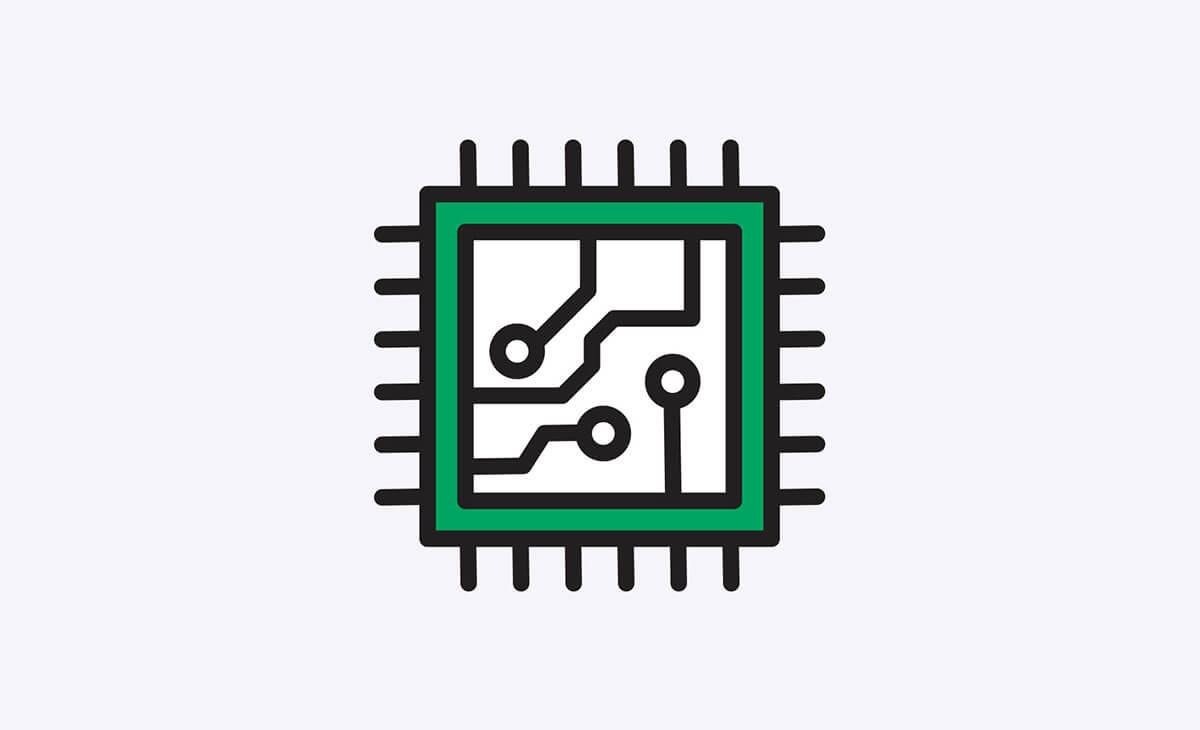The New York Times recently ran a long, detailed and worth-reading article entitled “What They Don’t Teach Law Students: Lawyering”. The title pretty much says it all: (1) Law schools are stocked with legal scholars not lawyers ("… the median amount of practical experience [of hires at top-tier law schools] was one year, and half of faculty members had never practiced law for a single day") focussed on often esoteric research; and (2) The high cost of all this faculty research (roughly $575 million/year) is borne by highly indebted law students, who graduate law school not knowing how to practice law.
I loved my law school. On the whole, it did not equip me with the practical skills that I used on a day-to-day basis as a junior corporate associate at a large and good NYC firm. But it greatly-improved my general thinking, ability to understand legal problems, and skills at getting things done. And these helped me be a better lawyer. All that out of the way, I’ll leave discussion of whether law school needs to be reformed for other forums.
The Times article focusses wholly one issue with junior lawyers: that they don’t know what they are doing when they get to their law firm jobs. But the bigger issue is that there are better ways to get a significant portion of the work junior lawyers traditionally do done. Much Biglaw junior associate work, for example, is ripe for automation through software. Other elements can be in- or outsourced to much cheaper individuals. Greater use of technology and outsourcing should make Biglaw jobs better for those who get them, as well as help clients get higher quality work product faster for better value. And allow firms (even hourly billing ones) to make more money being more efficient.

